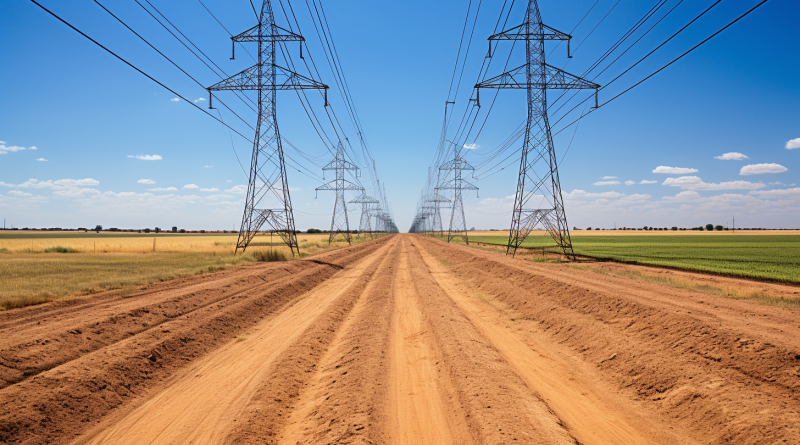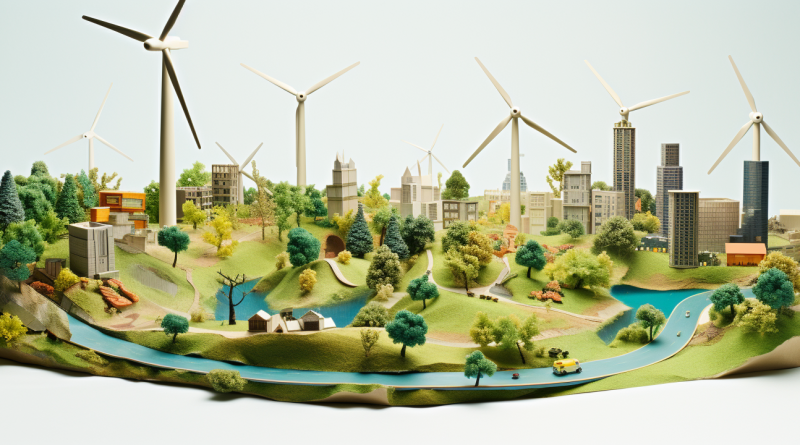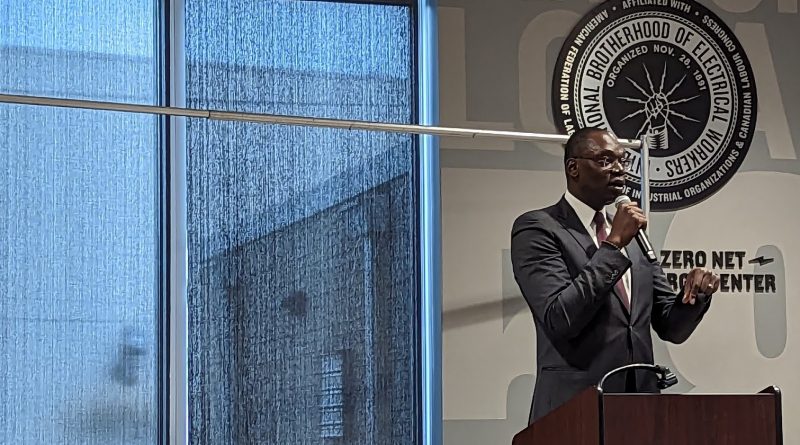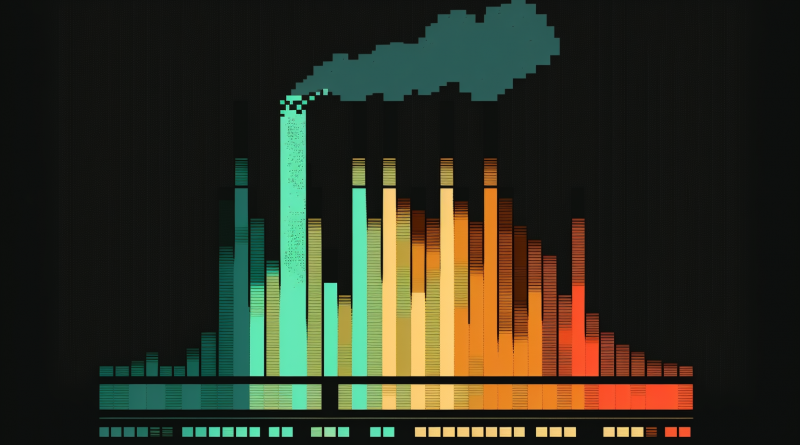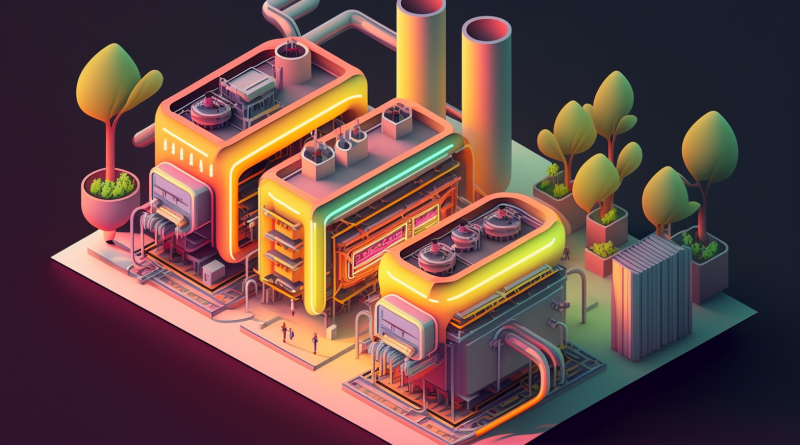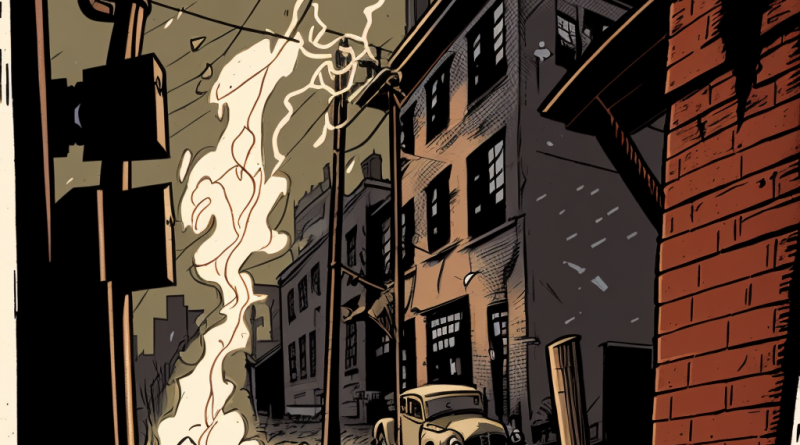ERCOT Is Working Exactly As It’s Meant To. That’s… Kinda The Problem.
Texas made the conscious decision to cut itself off from the rest of the country. In extreme weather conditions, either its consumers, its energy producers, or its government are going to have to pick up the tab.
Read More
